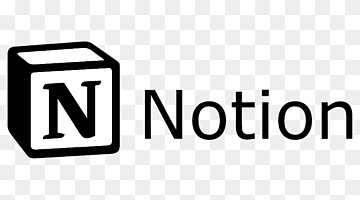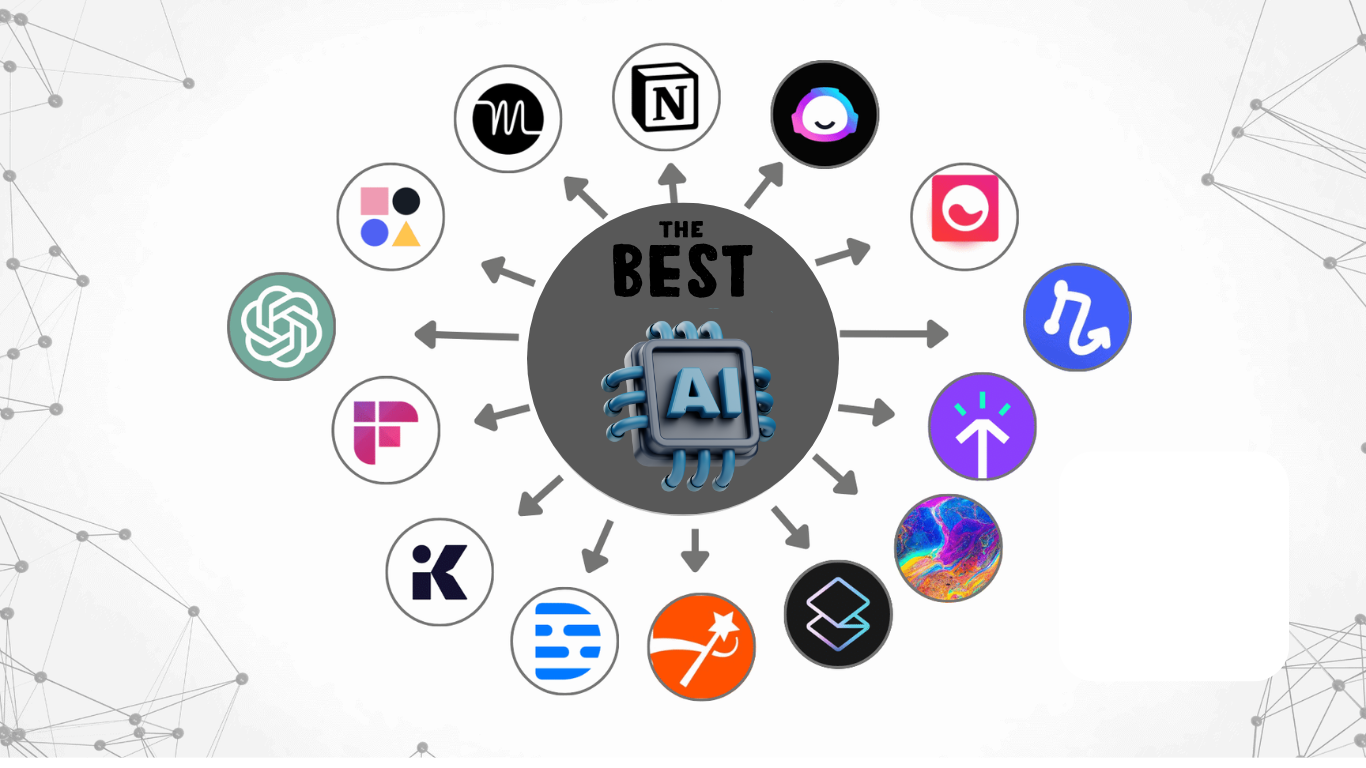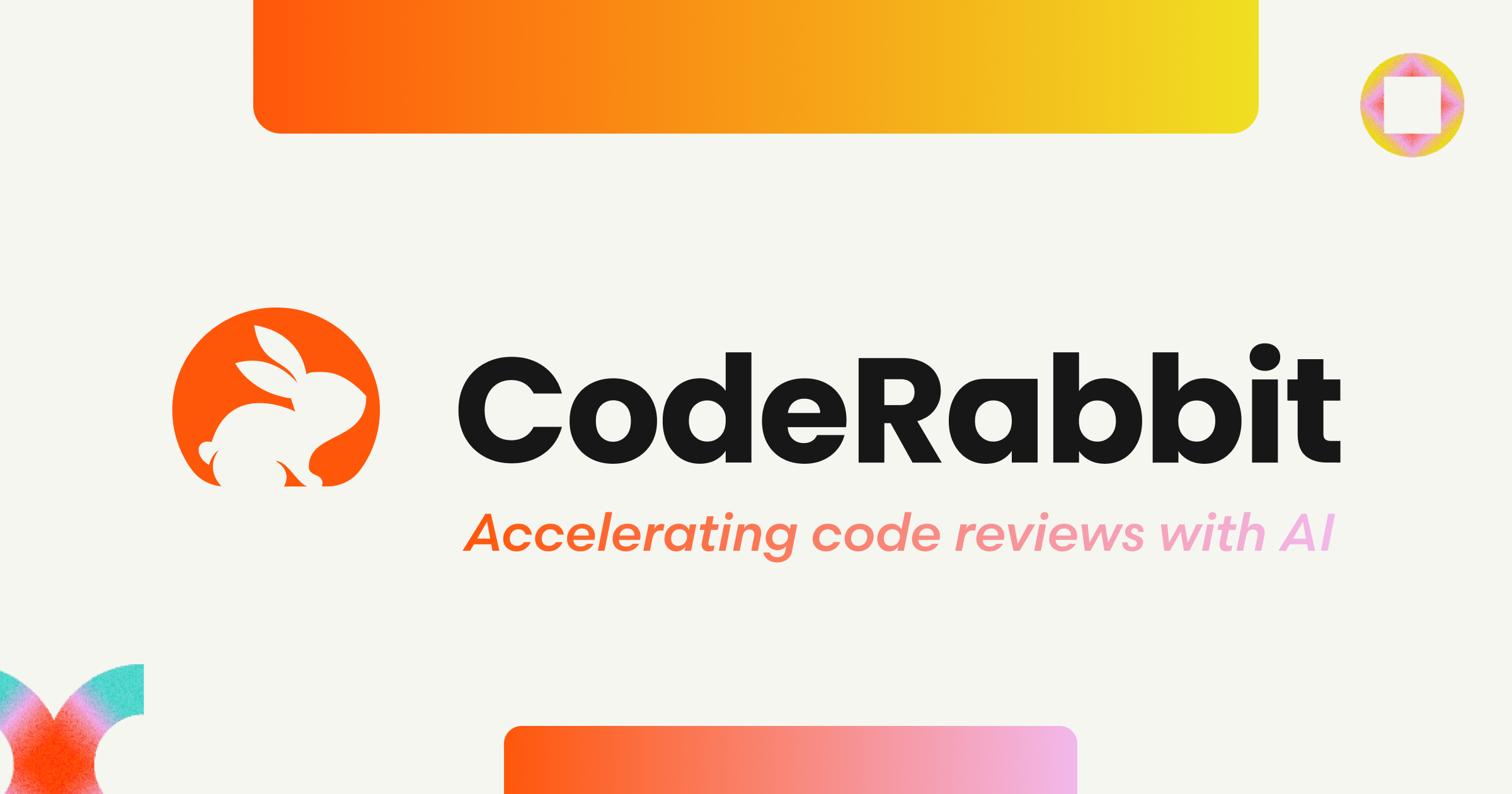Best AI Tools for Writing
AI tools have become game-changers for writers, simplifying tasks like brainstorming ideas, creating outlines, and repurposing content. While artificial intelligence can’t replicate the creativity that comes from human experience and emotion, it can help lighten the load. By automating repetitive tasks, they free up your time to focus on what truly matters—creating meaningful and impactful content.
The challenge, however, lies in the sheer number of them available. Each one promises to enhance your writing process, but not all are worth your time or investment. That’s where I come in! As a productivity enthusiast, I’ve tested numerous AI writing tools to find the ones that deliver real results. Whether you need help generating ideas, improving your drafts, or streamlining editing, there’s an AI tool designed to make your workflow smoother and more efficient.
One of the biggest advantages of using AI tools is their ability to save time. They can help you overcome writer’s block, structure your content, and even repurpose articles into new formats, like social media posts or email newsletters. These tools are particularly beneficial for writers looking to balance creativity with productivity, ensuring you stay ahead in today’s fast-paced content world.
In this article, I’ll highlight my favorite AI writing tools and explain how they can enhance your workflow. Whether you’re a professional writer, a content creator, or someone who writes occasionally, these tools can help you work smarter, not harder.
Ready to transform your writing process? Let’s dive into the best 8 AI tools that can boost your productivity and help you achieve more with less effort.
1 OpenAI ChatGP

OpenAI’s ChatGPT is a powerful conversational AI that excels in understanding and generating human-like text. Ideal for brainstorming, drafting, and refining content, ChatGPT can assist writers in creating everything from blog posts to scripts. Its ability to take context-driven prompts allows it to adapt to different writing styles and tones, making it a versatile companion for any writing project. The ease of interaction and real-time feedback provides an efficient way to overcome writer’s block and generate fresh ideas.
2. Jasper

Jasper is tailored specifically for marketers and content creators. By providing an extensive range of templates, Jasper enables users to quickly generate high-quality copy, including blog posts, ad copy, and email newsletters. Its AI-driven capabilities help ensure that content is not only engaging but also optimized for SEO, enhancing visibility and reach. The ease of use and creativity-enhancing features make Jasper a go-to tool for professionals looking to save time and increase output.
3. Grammarly

Grammarly has long been a staple in the writing community, known for its robust grammar and style-checking capabilities. Beyond basic spell check, Grammarly analyzes text for tone, clarity, and engagement, offering insights and suggestions that can significantly improve the quality of writing. As AI technology evolves, Grammarly continues to refine its algorithms, making it an indispensable tool for anyone looking to polish their work before hitting “publish.”
4. Writesonic

Writesonic is an AI-driven writing assistant that specializes in generating versatile content formats. Whether it’s articles, product descriptions, or social media posts, this tool offers an array of templates and features that allow users to create compelling content with minimal effort. Its smart features can tailor suggestions based on the desired audience, making it a valuable asset for marketers and content creators alike.
5. Copy.ai

Focusing on marketing copy, Copy.ai is perfect for those looking to craft compelling content quickly. With its extensive library of templates, users can create engaging newsletters, product descriptions, and ad copy while maintaining brand voice and messaging. The tool’s ease of use and effectiveness in producing creative output makes it a popular choice among entrepreneurs and marketing professionals looking to enhance their writing process.
6. ProWritingAid

ProWritingAid is a comprehensive editing and proofreading suite that goes beyond grammar checking. It offers in-depth analyses of writing style, readability, and structure, making it suitable for both fiction and non-fiction writers. The detailed reports help users understand their writing habits and identify areas for improvement, ensuring that they continuously enhance their skills over time. For serious writers aiming to refine their craft, ProWritingAid is an essential resource.
7. Quillbot

Quillbot is primarily known for its paraphrasing capabilities, allowing users to rephrase text while maintaining the original meaning. This tool is invaluable for writers looking to avoid plagiarism or seeking new ways to express ideas. Additionally, Quillbot offers summarization and citation features, making it a versatile tool for academic and research writers who need to condense information and properly reference sources.
8.Notion

is often regarded as one of the best AI-powered tools for project management due to its versatility, customization options, and integration capabilities. Here’s why:
- Customizable Workspace: Notion allows users to create personalized project management workflows, combining task lists, calendars, boards (Kanban-style), and databases all in one place. You can tailor it to any type of project.
- AI Integration: With recent updates, Notion has introduced AI features that assist with summarizing notes, generating content ideas, and organizing information. This can save time when managing complex projects by providing quick insights and automation.
- Collaboration Features: Notion supports team collaboration through real-time editing, comments, and sharing, which is essential for project management. The ability to link tasks, documents, and discussions makes it easy to track progress and stay aligned.
- Templates and Automation: Notion provides pre-built templates for project management, such as task trackers, project timelines, and weekly planners. Additionally, with its API, it can integrate with other tools like Slack, Google Drive, and Trello for a more streamlined workflow.
- Centralized Information: Notion allows you to store all project-related documents, notes, and tasks in one place, which makes managing multiple aspects of a project efficient and easy to navigate.
Overall, Notion’s is one of the best AI tools for writing; the capabilities and flexibility make it an excellent tool for project management, allowing teams to stay organized, collaborate seamlessly, and automate repetitive tasks.
Conclusion
The landscape of writing is rapidly evolving, and AI tools are at the forefront of this transformation. By 2025, these best AI tools for writing will play a significant role in enhancing productivity, creativity, and efficiency for writers across all fields. Whether you’re automating routine tasks, enhancing your writing skills, or finding inspiration, incorporating AI into your writing process can lead to significant gains in performance and satisfaction. As these tools continue to advance, they promise to reshape the writing experience, making it more accessible and enjoyable for everyone. Embrace the power of AI, and watch your writing soar to new heights!






One thought on “8 Best AI Tools for Writing to Boost Productivity in 2025”
Comments are closed.